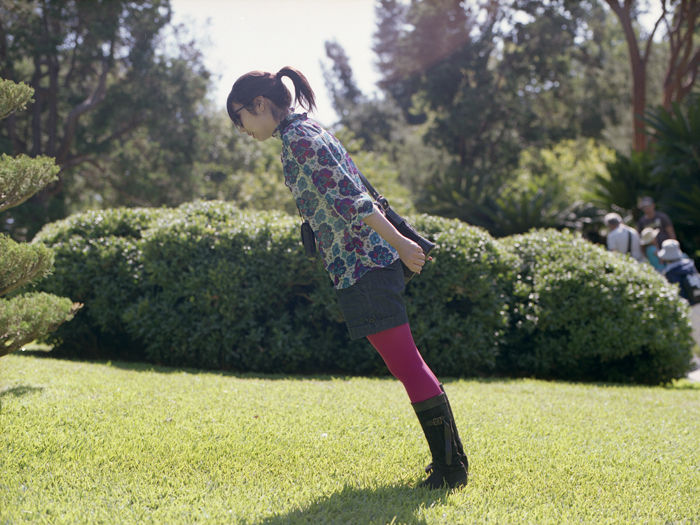The many compartments we continuously seek to balance in life are not always balanceable.

Balancing lifes many compartments is a constant struggle, it takes patience and it takes resilience and sometimes it is simply impossible. Everyone becomes challenged with the quandary of balancing various components of life in one way or another.
The word “balance” implies the physical containment of various objects that were previously in motion and are properly placed in relation to each other. If we stick with that physical analogy, much like a pile of boxes that are on top of one another that appear stabilized, our mental/emotional/spiritual balance takes much exertion. Not only does balance take time and effort, but it also takes an awareness of the reality of the objects you are trying to coordinate.
When we tell ourselves that we can balance every detail of our life, we are lying. The truth is, some compartments can’t be contained easily. Some shifts in schedule, relationships and emotions can’t be balanced. It is important to realize that life doesn’t need to be organized in a way that looks finished. The process of balancing all that sits before us is in essence “enough.” Being present to what exists is sometimes the only way to really find balance.
As we acknowledge that most of life is about tolerating the unbalance, we learn to let go of an expectation that doesn’t serve us. Be aware of what components in your life need balancing and then upon taking stock of those items, let yourself be the balance you are seeking.

